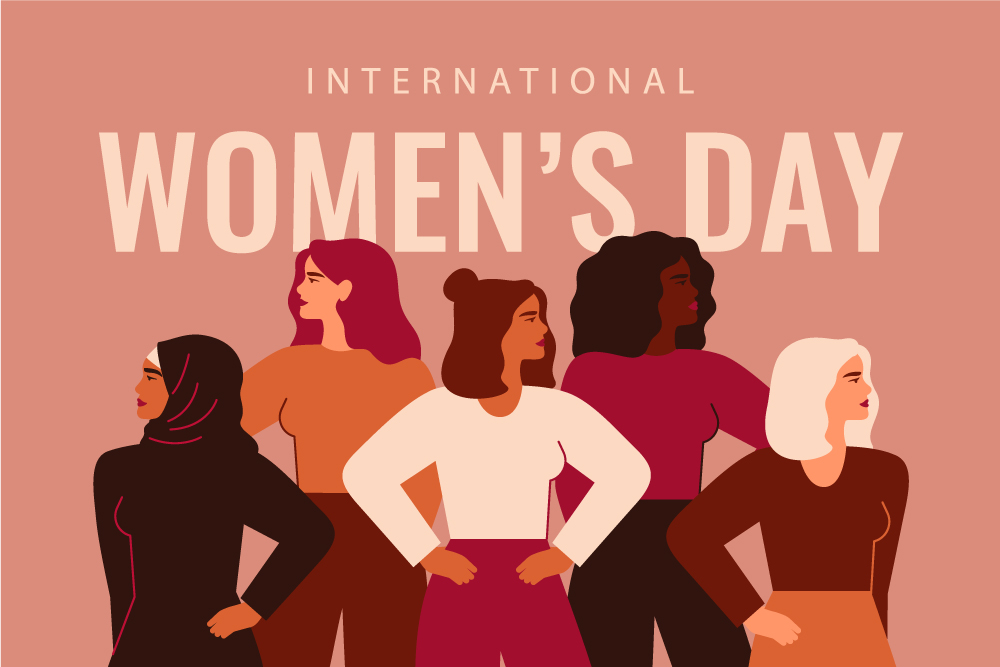ECOSOC at 80: Renewing Multilateralism in an Age of Global Uncertainty
On 23 January, the United Nations Economic and Social Council (ECOSOC) convened a commemorative session…

“Let’s be clear: global frameworks are not working for the world’s women and girls. They need to change.”
UN Secretary General Antonio Guterres
This year’s International Women’s Day is being celebrated around the world under the theme DigitALL: Innovation and technology for gender equality. While the more advanced countries continue to make progress in closing the gender gap, the rest of the world is struggling. According to the Global Gender Gap Report 2022, North America and Europe dominate the top ten list with all having closed more than 80% of their gender gap. Still no country has completely closed the gender gap. While the report estimates it will take another 132 years to close the gap, yesterday, UN Secretary General Antonio Guterres warned it will take 300 years to achieve gender equality.
Compounding crises, high maternal mortality rates, forced early marriages, sexual and gender-based violence, and other retrogressive practices are growing the hope of achieving gender equality even more distant.
This is sad news, but it does not call for a pity party! This should get us angry and fired up to reverse the trends. Collective and urgent action is required. The front runners in North America and Europe must rally their counterparts in other regions. In the food security and nutrition context, there is a window of opportunity at the ongoing negotiations on the Voluntary Guidelines in Gender Equality and Women and Girls’ Empowerment (GEWGE). While the process nearly collapsed and failed to produce an outcome at the 50th session of the Committee on World Food Security (CFS), Parties have another chance to deliver for all women and girls.
The Private Sector Mechanism of CFS (PSM) has remained committed to the process and members continue to work towards closing the gender gap in their companies and communities they operate in. Throughout the 2 years of the process, PSM members held various activities including a showcase of concrete examples of gender initiatives. PSM has continued to encourage dialogue that presents opportunities for different stakeholders to learn from each other and work together towards gender equality.
Another initiative by the private sector is the FAO-IAFN SME Accelerator mentorship programme. Through collaboration between the Food and Agriculture Organization (FAO) and the International Agrifood Network (IAFN), 50 promising women entrepreneurs from sub-Saharan Africa are receiving mentorship from global women business leaders in the food and agriculture sector. The programme has received great interest with over 500 applications and only 50 slots available. The need is great and more hands are needed on deck.
Emerging ag is proud to be coordinating most of this work by the PSM and IAFN. As a company founded by a woman, we remain committed to gender equality. 75% of our team is female and they are trailblazers in their own right!